Melody Queen BharatRatna Latadidi Mangeshkar is no more.
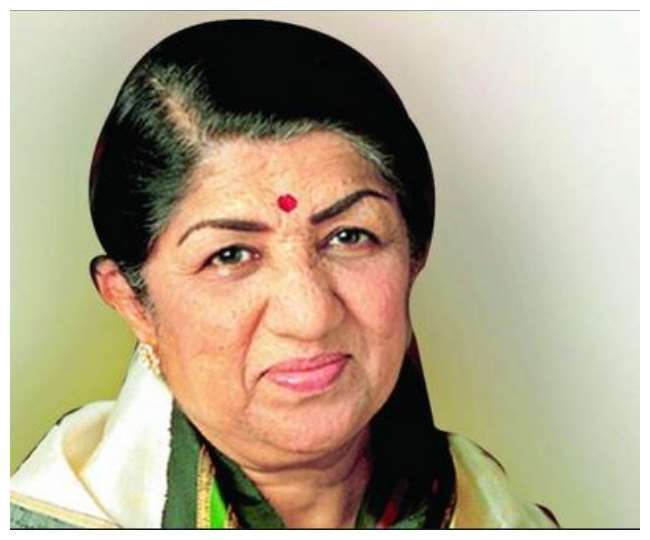
Known as Nightingale of Indian Music, words fall short to express her immense contribution and persona. She mesmerized not just a generation or two, but entire seven decades, spanning four generations of Indians and music lovers around the world.
There is tsunami of posts, articles and writeups from dignitaries and common man alike from across the world, talking about her monumental achievements. So, we will avoid talking about her superhuman abilities as a singer or her spectacular career. Instead, we will try to trace the persona which is unknown to many.
The highlight and crown jewel in her magical career is arguably the patriotic song – Ae Mere Watan Ke Logon. The song was first performed live publicly to honor the martyrs of 1962 Sino-India war. The performance happened on 27th January 1963, barely two months after the dreadful war with China ended.
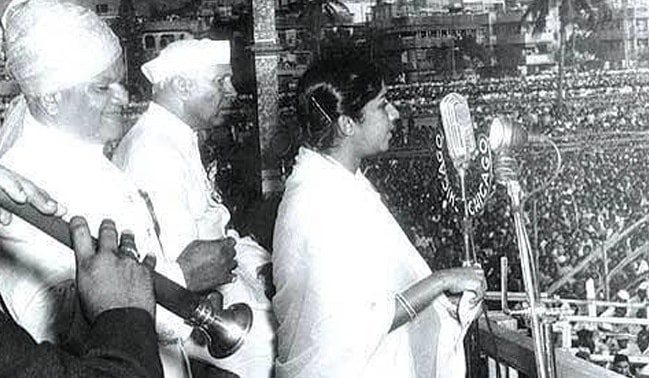
A little known fact of the incident leading up to the defining event is known. Kavi Pradip, known as Rashtra Kavi or National Poet due to his penchant to pen memorable and effective patriotic songs, was tasked with writing the song to honor the martyrs. He wanted the song to be memorable and sensitive so as to evoke respect for the Army and restore the bruised pride of the nation. For days, he could not pen a single line. One fine day, as the deadline for writing the song approached, while having a walk along Mumbai’s Marine Drive, he came across a group of people who were shouting slogans against China. Kavi Pradip asked a passerby if he had some paper to write. The person took out a pack of cigarettes and handed the silver foil in the carton to him. The legendary songwriter wrote his first lines – “Ae Mere Watan Ke Logon, Tum Khub Laga Lo Nara…”
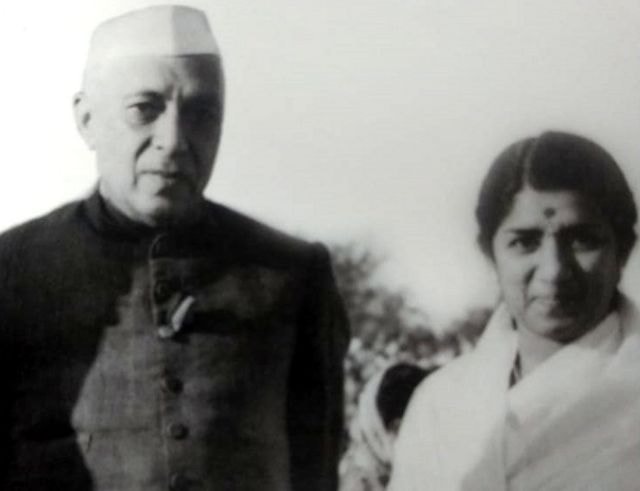
The national poet was convinced of his song and had a conviction that only Latadidi could do justice to the song and lend it the necessary effect and aura. But, to everyone’s dismay, she declined to sing it! Reason? The event was only a couple of days away and there was no time to compose and rehearse the song. She felt overawed because the performance was live, in reverence of martyrs and to be sung in the presence of the Prime Minister himself.
Pradip met her again and requested that as the country was going through a psychological turmoil and low vibe due to the debacle of war with China, it was only befitting that a person of her caliber rose to the occasion. He explained to her as to how he write the song and the first lines struck in his mind. Latadidi agreed, but on the condition that Pradip himself be present for the only rehearsal to lend veracity of the effect and lyrics. The next day she reached Delhi from Mumbai a little late, given the short notice and travel dynamics of the time. When she reached the National Stadium she had a huge crowd and the Prime Minister Jawaharlal Nehru himself, waiting in anticipation for her much publicized tribute to the Army!
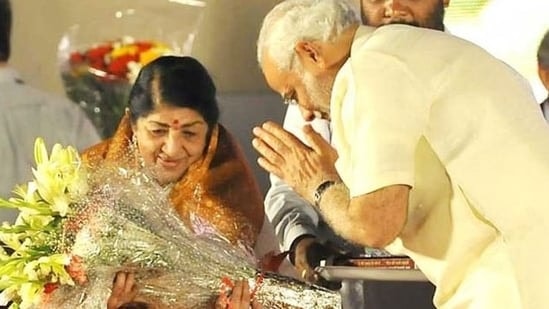
She sang. She touched souls. She churned the emotions of the public. Nehru himself could not contain his tears! In recent years, she also sang the song in the presence of Prime Minister Narendra Modi, who too was moved to tears!
“Lata, you have made me cry. He, who won’t be moved by this song, will not be fit to be called an Indian“, Prime Minister Nehru remarked after the performance was over.
Even today, scores of Indians who hear the song for the umpteenth time moisten their eyes overwhelmed with emotions. That is power of music and that was the power of the sensitivity, depth and character lent to the song by the unparalleled Latadidi.
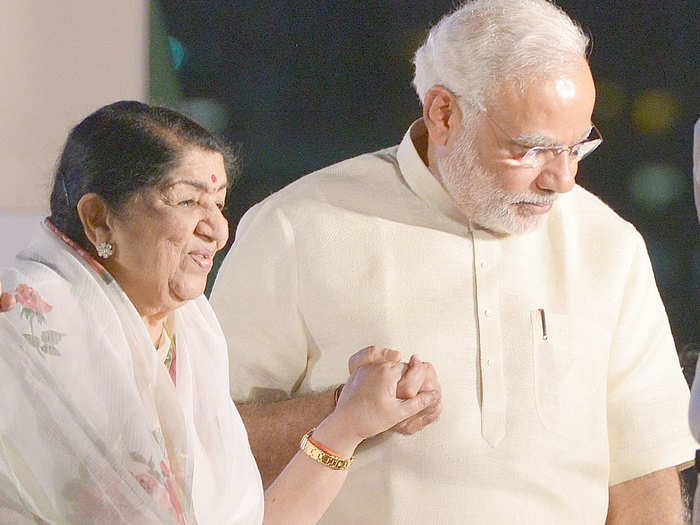
“The Voice Is Choked Forever, But The Echo Remains” is how Former UNEP Director Dr Rajendra Shende has paid tribute to the human institution of music named Lata Mangeshkar.
Not just an era, but an Epoch has ended.


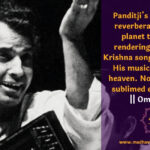

Leave a Reply